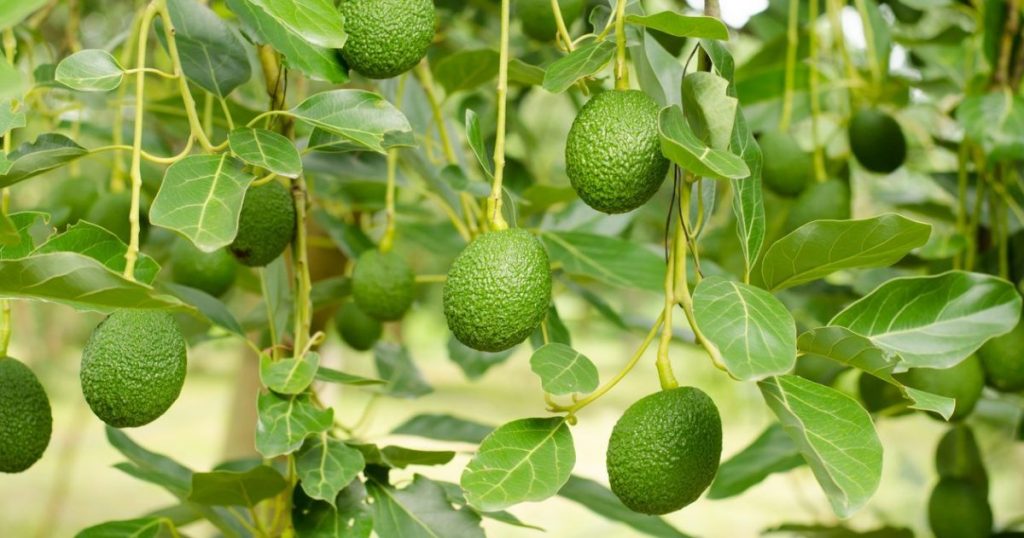
The avocado sector in Kenya has seen a steady rise in avocado exports in 2024, but challenges persist for exporters aiming to fully penetrate the European Union (EU) market.
According to the Fresh Produce Exporters Association of Kenya (FPEAK), avocado exports reached 16,000 metric tons in the first eight months of 2024, compared to 14,000 metric tons over the same period in 2023.
FPEAK CEO, Hosea Machuki, noted, “We expect to export 17,000 metric tons by the end of the year.” The rise in exports is largely attributed to increased land under cultivation as farmers look to capitalize on the growing demand for avocados.
Kenyan farmers are cultivating various avocado varieties, including Fuerte, Hass, Pinkerton, and Jumbo, primarily targeting markets in the European Union and the United Arab Emirates. China has also emerged as a new export destination, further boosting the country’s export potential.
Despite a surge in exports, Kenyan avocado exporters are struggling with non-tariff barriers that hinder their full access to the EU market.
Although the EU-Kenya Economic Partnership Agreement (EPA), which took effect on July 1, 2024, allows duty-free access to the EU, other barriers remain problematic.
Non-tariff measures such as strict phytosanitary controls and complex rules of origin increase costs and pose significant challenges, particularly for small and medium-sized enterprises (SMEs).
“While we have favorable tariff measures, these technical barriers make it difficult for exporters to take full advantage of the EPA,” said Machuki.
The complexity of the regulations adds an extra layer of difficulty for Kenyan exporters, particularly when compared to countries like the United Kingdom and Finland, where tariff measures are higher, but non-tariff barriers are less stringent.
A report from the Kenya Institute for Public Policy Research and Analysis (KIPPRA) highlights the negative impact these barriers have on Kenyan exporters, emphasizing the need for improved cooperation in standardization and certification.
The EU remains Kenya’s second-largest trading partner, with exports to the bloc totaling Sh150.1 billion in the last year, a 12.7 percent increase from the previous year. However, to realize the full potential of the EU market, Kenya must enhance export competitiveness by addressing non-tariff barriers.
Read more on https://www.freshproducemea.com
